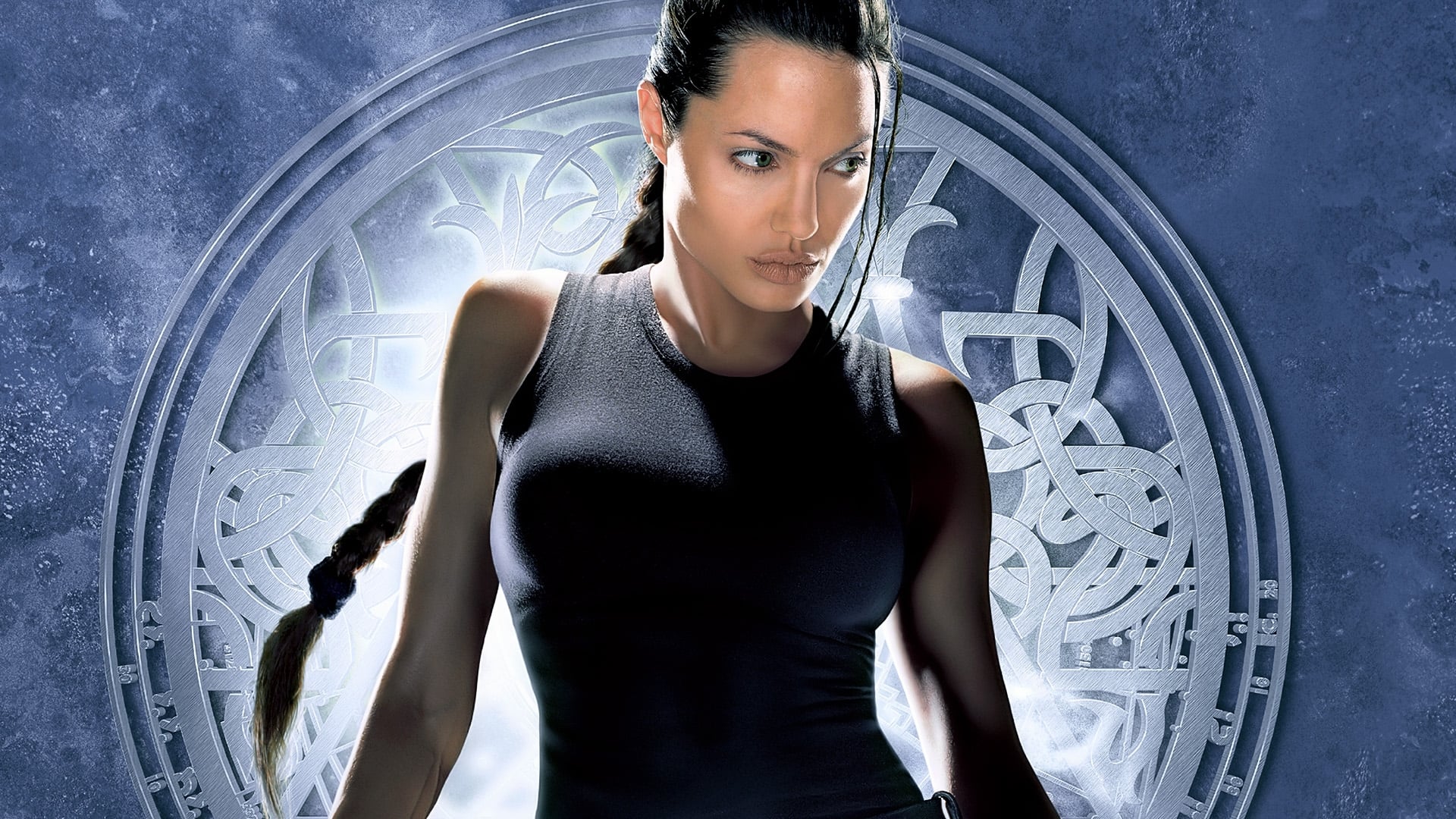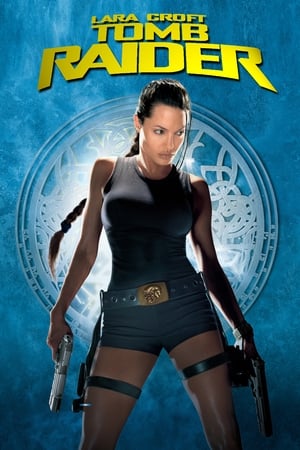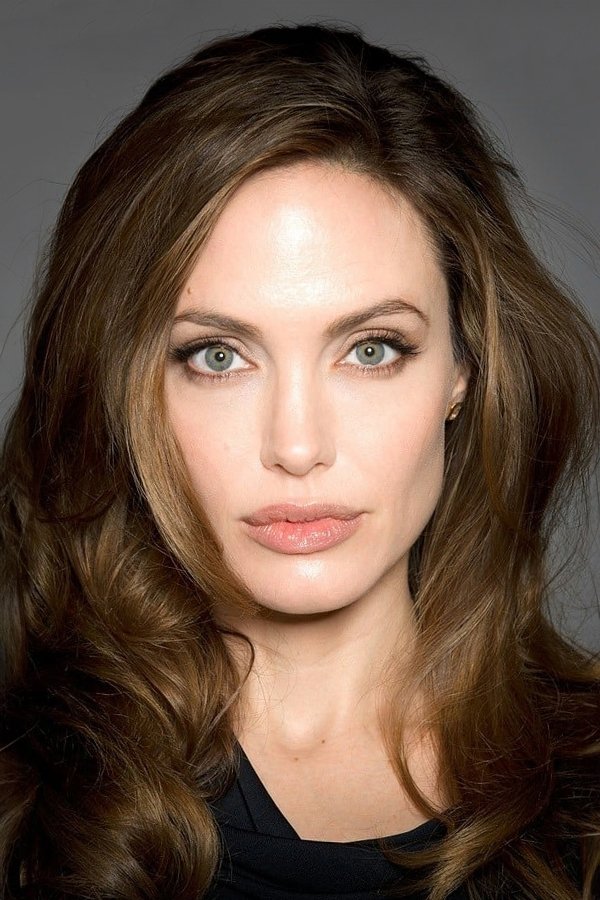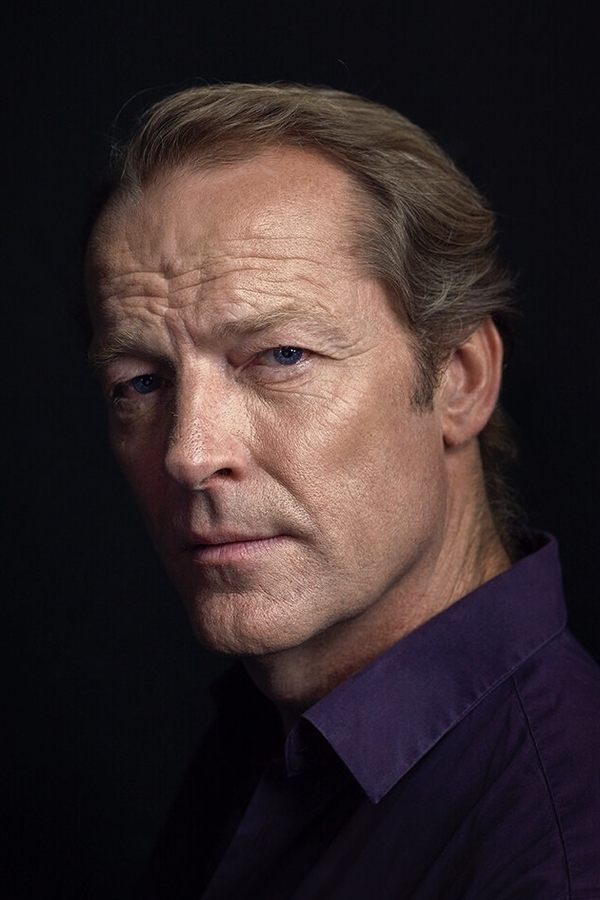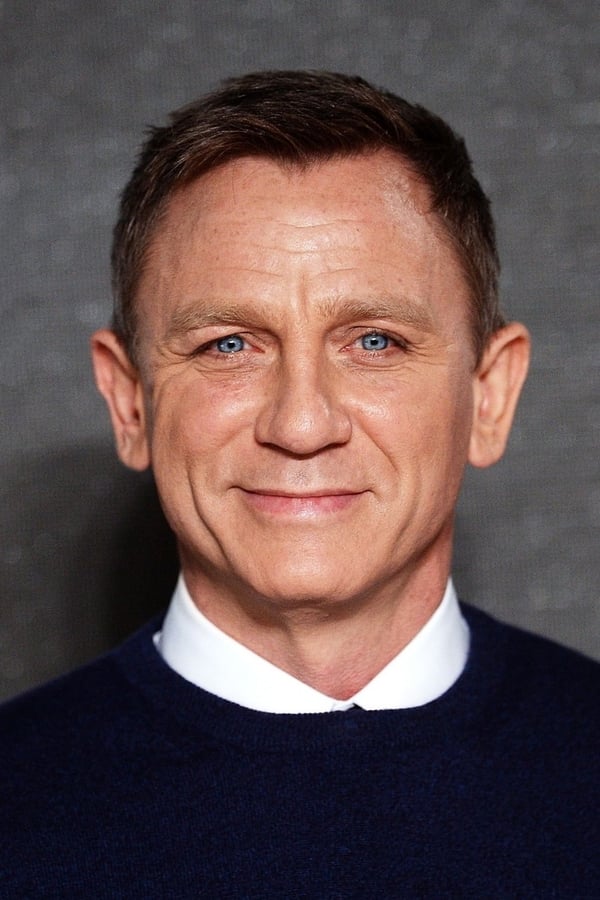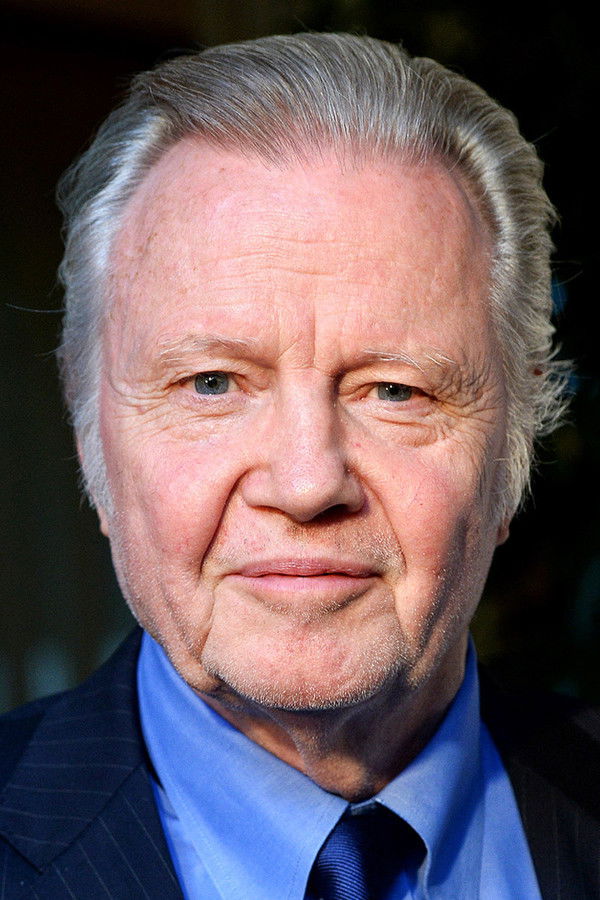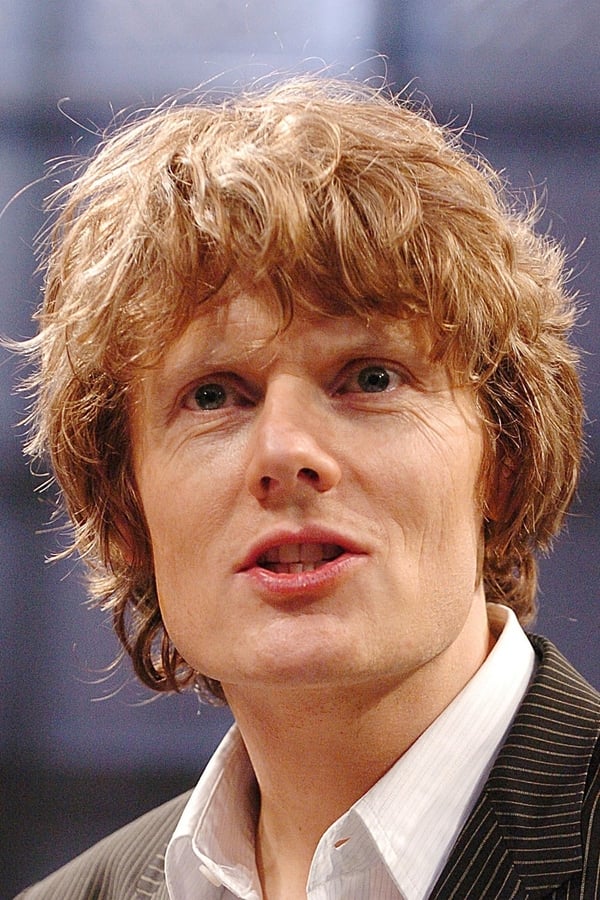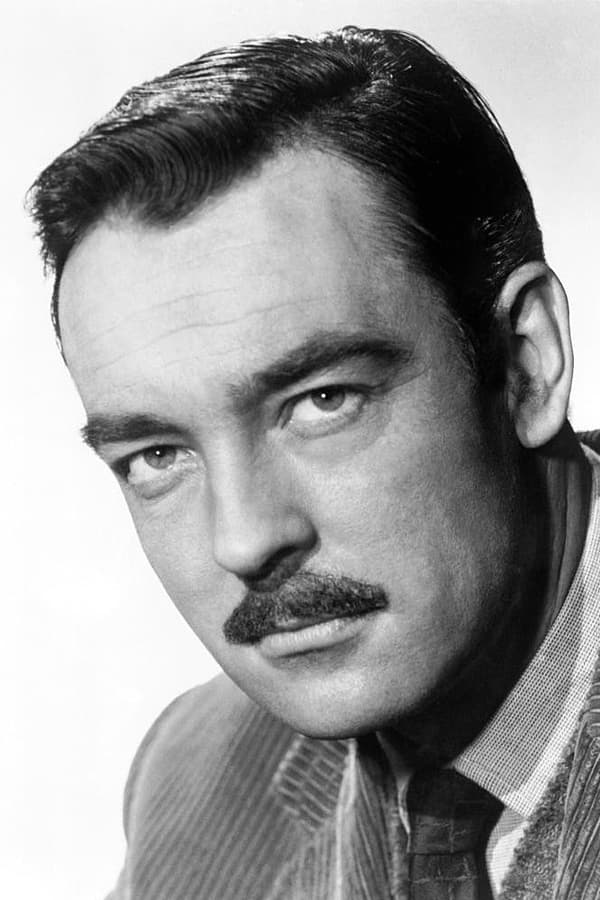If there’s one thing everyone hasn’t gotten enough of lately, it’s reboots. (Except me, I’ve had enough). Add a multiverse and you’ve got what should be a successful formula. While the Charmed reboot did very well in the beginning, its viewership dwindled as the series progressed. Originally airing in 2018 and finishing its final season in June of this year (season 5 was cancelled by the network), this magical reboot failed to charm fans of the original series.
The Charmed reboot is quite a departure from the beloved 90’s hit show starring Holly Marie Combs, Alyssa Milano, Shannen Doherty, and Rose McGowan. Still centered around sisterhood, the Charmed reboot features three sisters, Maggie (Sarah Jeffery), Mel (Melonie Diaz), and their long-lost, older sister, Macy (Madeleine Mantock). The series opens with the mysterious death of the mother of Mel and Maggie Vera. Similar to the original series, Mel and Maggie are unaware they descend from a long line of magical blood. While in the original Charmed it is the return of Phoebe Halliwell that leads to the activation of the power of three, in the reboot, it is the arrival and discovery of long-lost sister Macy Vaughn that brings about the witches’ powers.
There are more similarities reminiscent of the original show, such as the introduction of their white lighter (played by Rupert Evans), a magical being that is meant to protect and guide the charmed ones. The reboot even delves into a romantic relationship between the white lighter and one of the charmed ones. The world created in the Charmed reboot, however, varies greatly from the familiar (and slightly corny) realm the Halliwell sisters inhabited. The threats the sisters face become increasingly dark throughout the series. The tone of the show is at times more maudlin than fantastical. Perhaps the biggest change is the diversity of the series cast and the inclusion of intersectional feminism through Mel’s career and the passions and identities of the three sisters.
Now, before doth thou protest, I believe in giving shows their due. Charmed was created during a time when the idea of “feminism” was a dirty word, mostly reserved for crazed, bra-burning radicals that hated men. The 90’s were a complicated time for women. While we had made many historical gains and were a far cry from the rigidity and control of earlier times, we weren’t at the end of the tunnel yet—we still had (and have, sigh) a long, long, way to go. Up until relatively recently, most women did not want to associate themselves too closely with the movement. They felt the pressure to stand up against injustices and advocate for their fellow women while at the same time, wanting to remain desirable to potential partners and avoid the socially undesirable label of “feminist.” This cognitive dissonance in our collective minds made it difficult to take too hard of a stance—underplay the movement and you felt like a sell-out—get too involved, and you became a social pariah.
